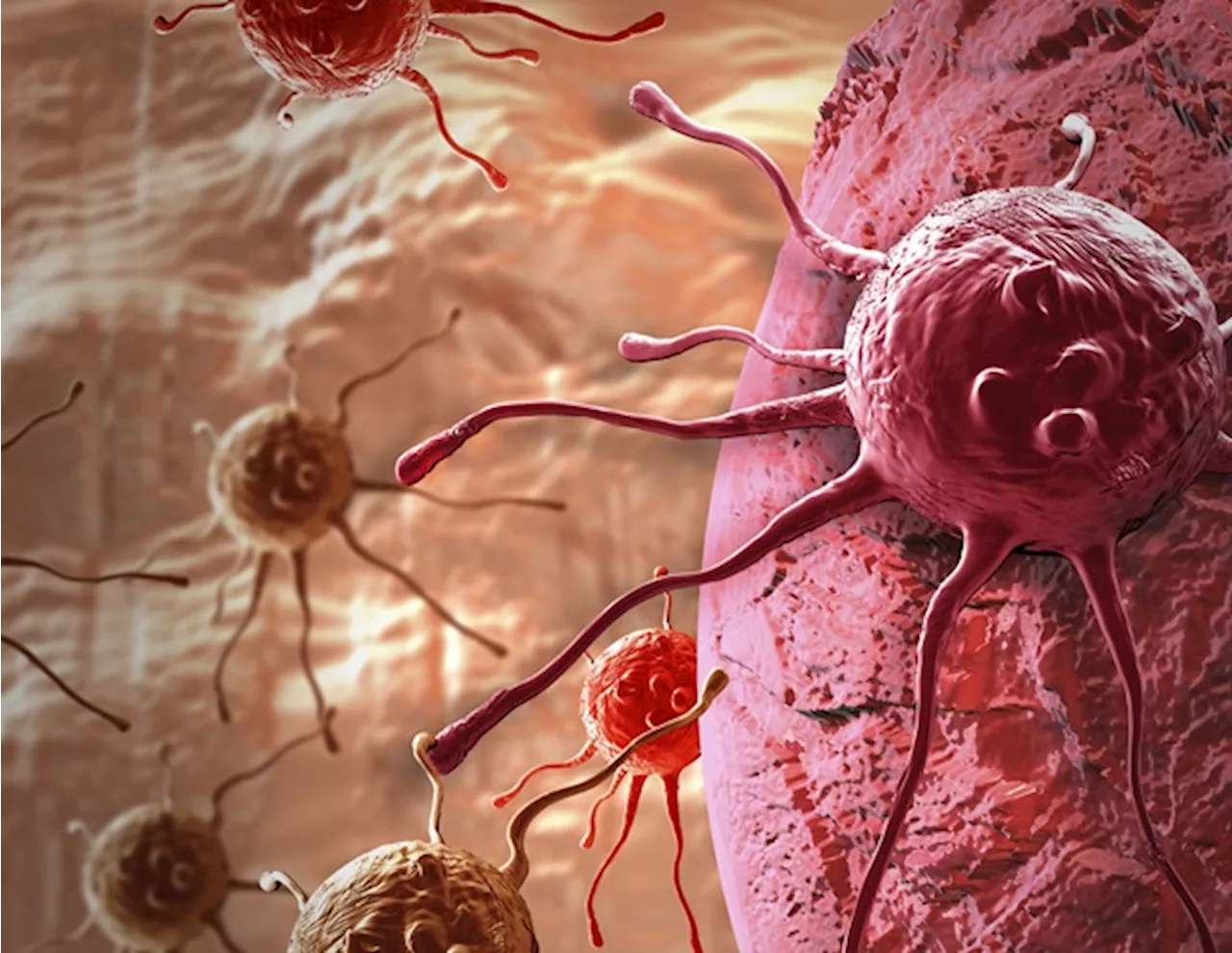A recent study suggests a potential connection between cheese intake and a lower risk of developing sleep apnea. Researchers analyzed data from over 400,000 individuals and found that those who consumed cheese had a 28% reduced likelihood of having sleep apnea compared to non-cheese eaters. The study also identified six specific biomarkers influenced by cheese consumption that may play a role in this protective effect.
news for cheese lovers: A recent study found potential links between cheese and positive health outcomes, particularly when it comes to sleep.
“By applying this technique, this study aims to clarify the association between cheese consumption and sleep apnea, identifying potential mediating biomarkers and providing insights into how cheese intake may affect sleep apnea risk,” the researchers wrote. “While this association is certainly exciting, it is far from perfect and should not give people free rein to consume excessive amounts of cheese and dairy products.”“It seems that, in those that consume cheese in addition to their normal diet, there may be some protective effect as it pertains to sleep apnea,” he said.
SLEEP APNEA CHEESE BIOMARKERS HEALTH STUDY DIET
United Kingdom Latest News, United Kingdom Headlines
Similar News:You can also read news stories similar to this one that we have collected from other news sources.
 Moderate Wine Consumption Linked to Reduced Heart Attack RiskA new study suggests that moderate wine consumption, as part of a Mediterranean diet, may be more effective than statins in lowering the risk of heart attacks.
Moderate Wine Consumption Linked to Reduced Heart Attack RiskA new study suggests that moderate wine consumption, as part of a Mediterranean diet, may be more effective than statins in lowering the risk of heart attacks.
Read more »
 Coffee Consumption Linked to Lower Dementia Risk in Older Adults with Atrial FibrillationA new study suggests that coffee consumption, up to five cups per day, may reduce the risk of dementia in older adults with atrial fibrillation. The study, conducted by scientists at Basel University Hospital in Switzerland, found that participants who drank more than two cups of coffee per day had lower levels of inflammatory blood markers associated with dementia and a reduced risk of memory-robbing symptoms. Researchers suggest that caffeine in coffee may protect against oxidative stress, amyloid buildup, inflammation, and cell death in the brain. However, the Alzheimer's Society cautions that this link has only been proven in mice and not humans, so further research is needed.
Coffee Consumption Linked to Lower Dementia Risk in Older Adults with Atrial FibrillationA new study suggests that coffee consumption, up to five cups per day, may reduce the risk of dementia in older adults with atrial fibrillation. The study, conducted by scientists at Basel University Hospital in Switzerland, found that participants who drank more than two cups of coffee per day had lower levels of inflammatory blood markers associated with dementia and a reduced risk of memory-robbing symptoms. Researchers suggest that caffeine in coffee may protect against oxidative stress, amyloid buildup, inflammation, and cell death in the brain. However, the Alzheimer's Society cautions that this link has only been proven in mice and not humans, so further research is needed.
Read more »
 Dark Chocolate Consumption Linked to Lower Risk of Type 2 DiabetesA new study reveals the potential benefits of incorporating dark chocolate into your diet for reducing the risk of type 2 diabetes.
Dark Chocolate Consumption Linked to Lower Risk of Type 2 DiabetesA new study reveals the potential benefits of incorporating dark chocolate into your diet for reducing the risk of type 2 diabetes.
Read more »
 Coffee and Tea Consumption Linked to Lower Head and Neck Cancer RiskA recent analysis of data from over a dozen studies found that coffee and tea consumption was associated with a reduced risk of developing head and neck cancers, including those of the mouth and throat. The findings, published in the journal CANCER, suggest that drinking caffeinated coffee, decaffeinated coffee, and tea may offer some protection against these cancers.
Coffee and Tea Consumption Linked to Lower Head and Neck Cancer RiskA recent analysis of data from over a dozen studies found that coffee and tea consumption was associated with a reduced risk of developing head and neck cancers, including those of the mouth and throat. The findings, published in the journal CANCER, suggest that drinking caffeinated coffee, decaffeinated coffee, and tea may offer some protection against these cancers.
Read more »
 Coffee and Tea Consumption Linked to Lower Risk of Head and Neck CancerA new analysis suggests that drinking coffee and tea may be associated with a reduced risk of developing head and neck cancer. The study, published in the journal CANCER, combined data from 14 previous studies and found that individuals who consumed more caffeinated coffee had a lower risk of various head and neck cancers.
Coffee and Tea Consumption Linked to Lower Risk of Head and Neck CancerA new analysis suggests that drinking coffee and tea may be associated with a reduced risk of developing head and neck cancer. The study, published in the journal CANCER, combined data from 14 previous studies and found that individuals who consumed more caffeinated coffee had a lower risk of various head and neck cancers.
Read more »
 Moderate Egg Consumption Linked to Health Benefits, Not ObesityNew research published in the journal Poultry Science dispels myths about eggs and obesity. The review found that moderate egg consumption, up to seven or eight eggs per week, does not increase obesity risk in healthy individuals.
Moderate Egg Consumption Linked to Health Benefits, Not ObesityNew research published in the journal Poultry Science dispels myths about eggs and obesity. The review found that moderate egg consumption, up to seven or eight eggs per week, does not increase obesity risk in healthy individuals.
Read more »
